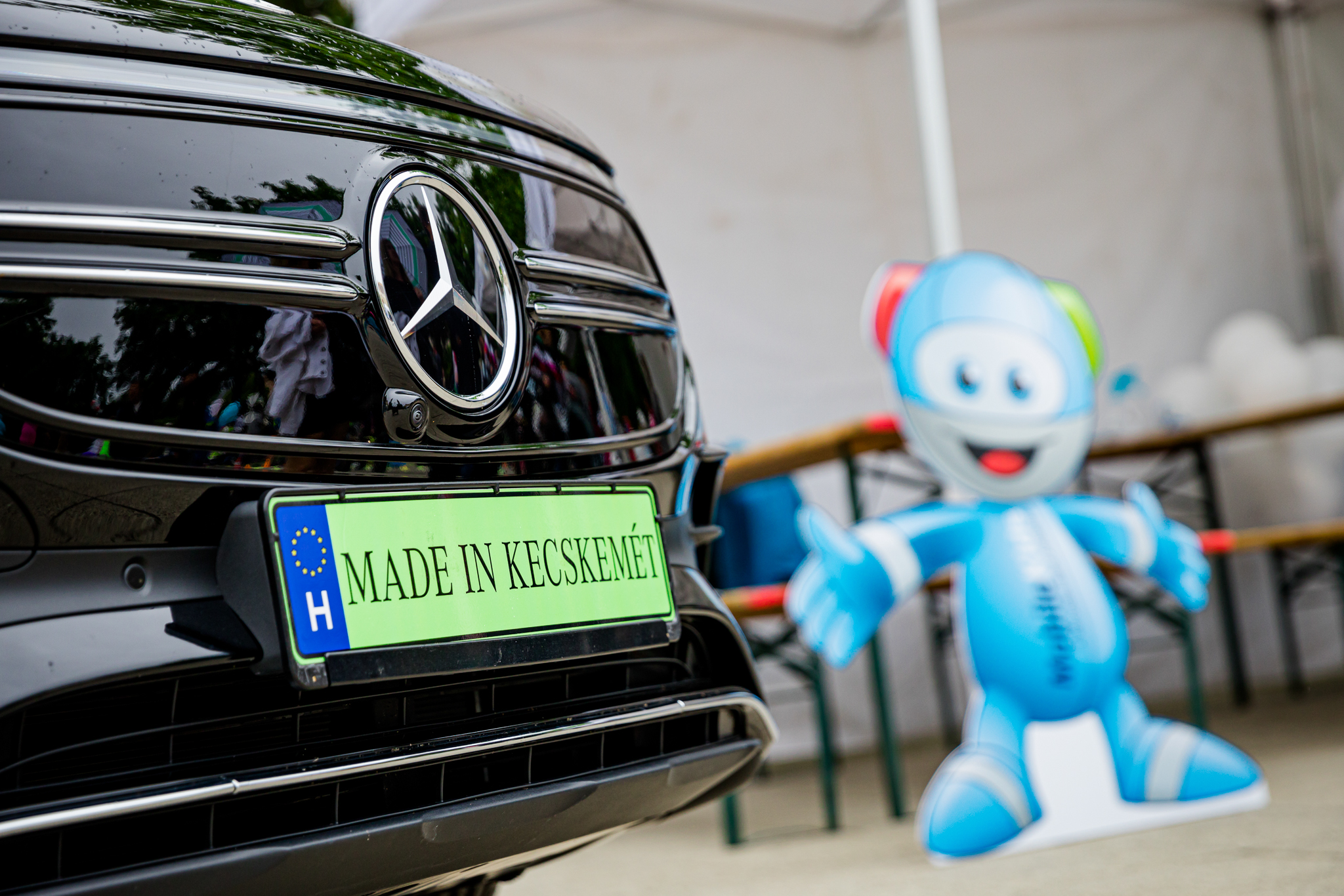
A draft of the action plan will be presented to the Member States at the Competitiveness Council meeting on July 8-9.Continue reading

The success of the Hungarian automotive industry sends a clear message to manufacturers and investors that it is an economically rational decision to keep production in Hungary, István Joó, government commissioner and CEO of Hungarian Investment Promotion Agency (HIPA), said in Budapest on Thursday.
The government commissioner noted at the organization’s automotive conference that more than 507,000 vehicles were produced in Hungary last year. As a result of the recent developments and the investments that will be completed soon, the number of cars produced in Hungary will exceed one million a year within a few years.
Only five countries in Europe are currently capable of achieving this volume,
he pointed out.
The results clearly show that there is a very strong demand for Hungarian models and that car manufacturers in Hungary are more competitive than their Western European rivals, he said.
“The automotive ecosystem is developing very rapidly in Hungary, with further investments expected in software development, self-driving cars, alternative drives, composite technologies, and testing, among others,” the HIPA CEO stressed at the event, organized in partnership with the German-Hungarian Chamber of Industry and Commerce.
István Joó recalled the latest survey by the International Organization of Motor Vehicle Manufacturers, which shows that production volumes in France, the UK, Poland, and the U.S. have fallen to around 60-70% of 2019 levels in 2023, while Spanish, Japanese, and Czech production levels have fallen to 85-98%.
At the same time, Hungary’s performance last year was already above pre-pandemic levels,
he pointed out.
He added that none of this would have been possible without strong automotive centers such as Esztergom, Szentgotthárd, Győr, and Kecskemét.
The commissioner stressed that the economic trends of the coming decades will be determined by the electric car transition. Thanks to conscious construction, Hungary has become a connecting point between Western and Eastern technologies, and is already a key player in the expansion of Asian automotive companies in Europe, alongside German premium car manufacturers, he emphasized.
That is why we do not welcome the European Union’s intention to distort competition with extra tariffs,”
he said.
The new competitive situation will also encourage European companies to produce even better and more affordable electric cars and to do more research and development, he pointed out. He stressed the need to further increase the range of batteries and reduce production costs. “To achieve a real breakthrough, in addition to the quality of the vehicles, we also need to work on the development of the electromobility infrastructure, for instance by expanding the network of charging stations,” he said.
Via MTI, Featured image: Facebook/Mercedes-Benz Gyár Kecskemét